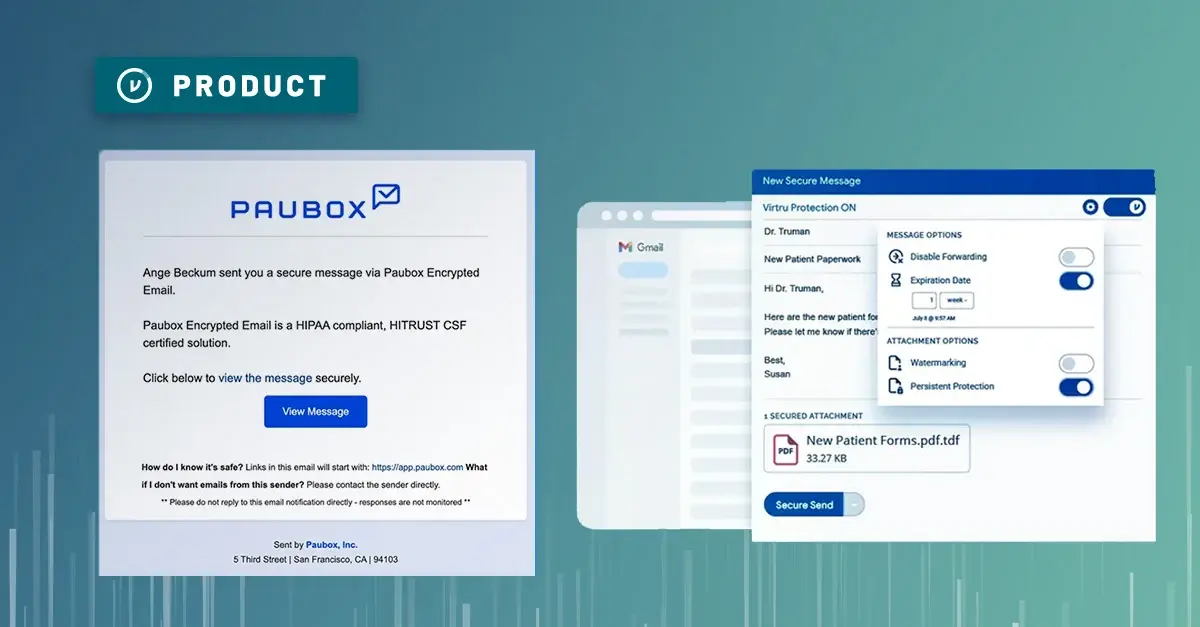Cybersecurity breaches often conjure up images of sophisticated hacking attempts, but what if the breach results from something as simple as a type-o?
This is not a hypothetical scenario but a stark reality for the US Department of Defense (DoD), as millions of emails intended for Pentagon employees ended up in Mali due to a mix-up between the ".mil" and ".ml" domains.
The DoD-Mali Email Debacle: A Brief Overview
Over the last decade, millions of emails meant for the US military's .MIL domain have been redirected to Mali's .ML domain due to typographical errors. This mishap came to light when Johannes "Joost" Zuurbier, a Dutch internet entrepreneur, noticed an influx of misdirected emails. Zuurbier, whose company managed the .ML domain, alerted various US officials of this issue since 2013, but the problem persisted.
These seemingly innocent errors led to potential security breaches involving sensitive information, including the hotel reservations of senior US military officials. The misdirected emails pose an alarming threat as this personal information could be utilized for targeted cyberattacks or to track the movements of Pentagon personnel, even though there's no evidence of such actions in this particular case.
The intercepted emails included more than just spam; they contained sensitive data that could have detrimental implications if fallen into the wrong hands. Data like health records, ID documents, staff lists from military bases, photographs of these bases, reports from naval inspections, complete ship crew rosters, and detailed tax records. One specific email cited by the Financial Times, for instance, detailed the travel itinerary of General James McConville, the US Army’s chief of staff, which could have jeopardized his safety if the information were exploited.
Zuurbier's contract with Mali ended recently, causing a heightened sense of urgency to this issue as the potential for email interception by malicious parties has increased.
Managing the Fallout
Despite the unfortunate circumstances, the U.S. Government and Mr. Zuurbier, the Dutch technologist who discovered the mishap, took some vital steps towards risk mitigation. The Department of Defense (DoD) immediately prohibited their email accounts from sending any further emails to .ml addresses, thereby decreasing the likelihood of similar incidents in the future.
The fact that none of the misdirected emails originated from official DoD email accounts highlights the crucial role of using secure official channels for communication in preventing such incidents. The DoD strongly discouraged using personal email accounts for official business, as these can often present more vulnerabilities than official channels.
People Make Mistakes. Layering Data Access Controls Can Prevent and Mitigate
The cleanup was earnest - both the US military and allied professionals devised solutions in the interim. But precise, granular access controls for national security’s sake are still vital. This is where data-centric security rears its head; protecting data at the object level can add levers of control and oversight missing in situations of large-scale human error.
A step forward? The Trusted Data Format (TDF). Using TDF, Virtru protect the sensitive data flowing through emails, applications, and anywhere else using end-to-end encryption at the object level.
Here’s what that looks like in a scenario like a Mali-US military type-o:
Revoking and granting access to data at the owner’s discretion, even after it has left the perimeter. This is made possible by TDF's attribute-based access controls which allow data owners to define who can access the encryption keys protecting the data, for how long, and whether they can add other users. In the case of a type-o or missaddress, breaches can be quickly prevented or contained by revoking access as soon as anomalies are detected. With Virtru for Outlook or Virtru for Gmail, and Virtru Secure Share, you can revoke or edit access controls at any time.
Eyes on who accesses the data, and what they did with it. TDF supports end-to-end auditability with its infrastructure logging every key request for persistent visibility, helping to reinforce data integrity and enabling easy tracking of shared data. This enables security teams to swiftly spot and investigate unusual activities, preventing unauthorized data access from escalating into major security breaches.
Full domain over what happens to the data for the rest of its lifecycle. The data owner has ultimate control over access policies, thanks to TDF's policy binding, which uses public-based signatures to bind encrypted data with the policies, preventing tampering. This ensures robust and effective incident response in the face of future threats.
The ability to take context into consideration, instead of employing sweeping access controls. TDF employs federated identity and authentication frameworks such as OpenID, OAuth, and SAML, for seamless access and consideration of user attributes. This minimizes the risk of blanket access (or lack of), enhancing security by ensuring only authenticated and authorized users can access sensitive data.
Layered Access Control & Error Forgiveness: The Virtru Advantage
Data security isn't about achieving perfection; it's about establishing resilient systems that can absorb shocks and adapt. Virtru’s suite of solutions empowers you to do just that - maintaining control over your data and transforming vulnerabilities into secured assets.
From email, to SaaS, to files, and more, Virtru is your partner in achieving full control over your sensitive data - giving you the freedom to safely share it, and the power to retain control in the face of mistakes.
Ready to learn more about securing your data in Gmail, Outlook, Salesforce, Zendesk, and more? Contact our team for a demo today.



/blog%20-%20metadata%20on%20data/metadata-on-data.webp)

/blog%20-%20Ravenna%20Hub/ravenna-hub.webp)




/blog%20-%20HIO%20Maya%20HTT/Maya-HTT-Level-2-lessons%20copy.webp)

/blog%20-%20cmmc%20level%203/CMMC-LEVEL-3.webp)
